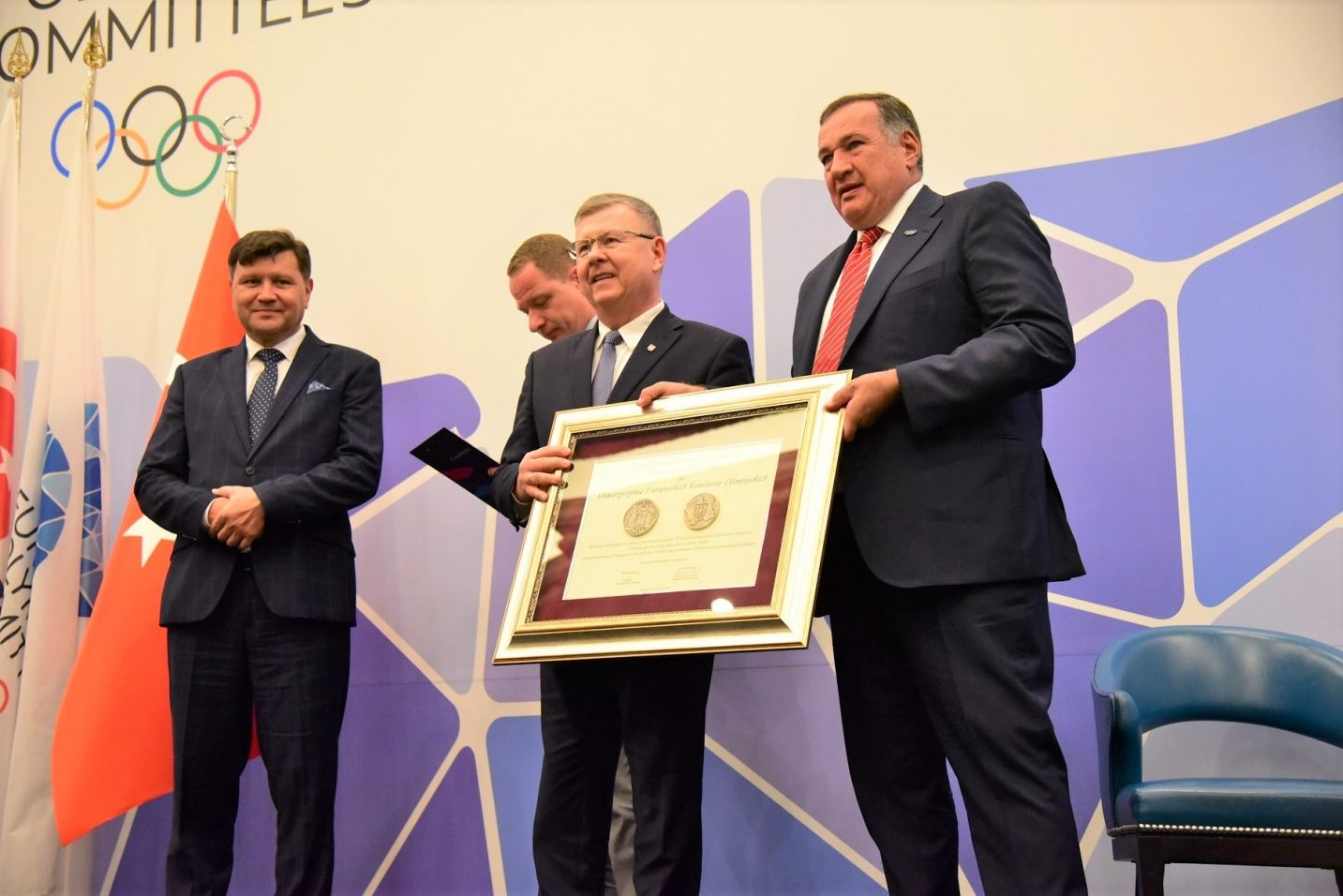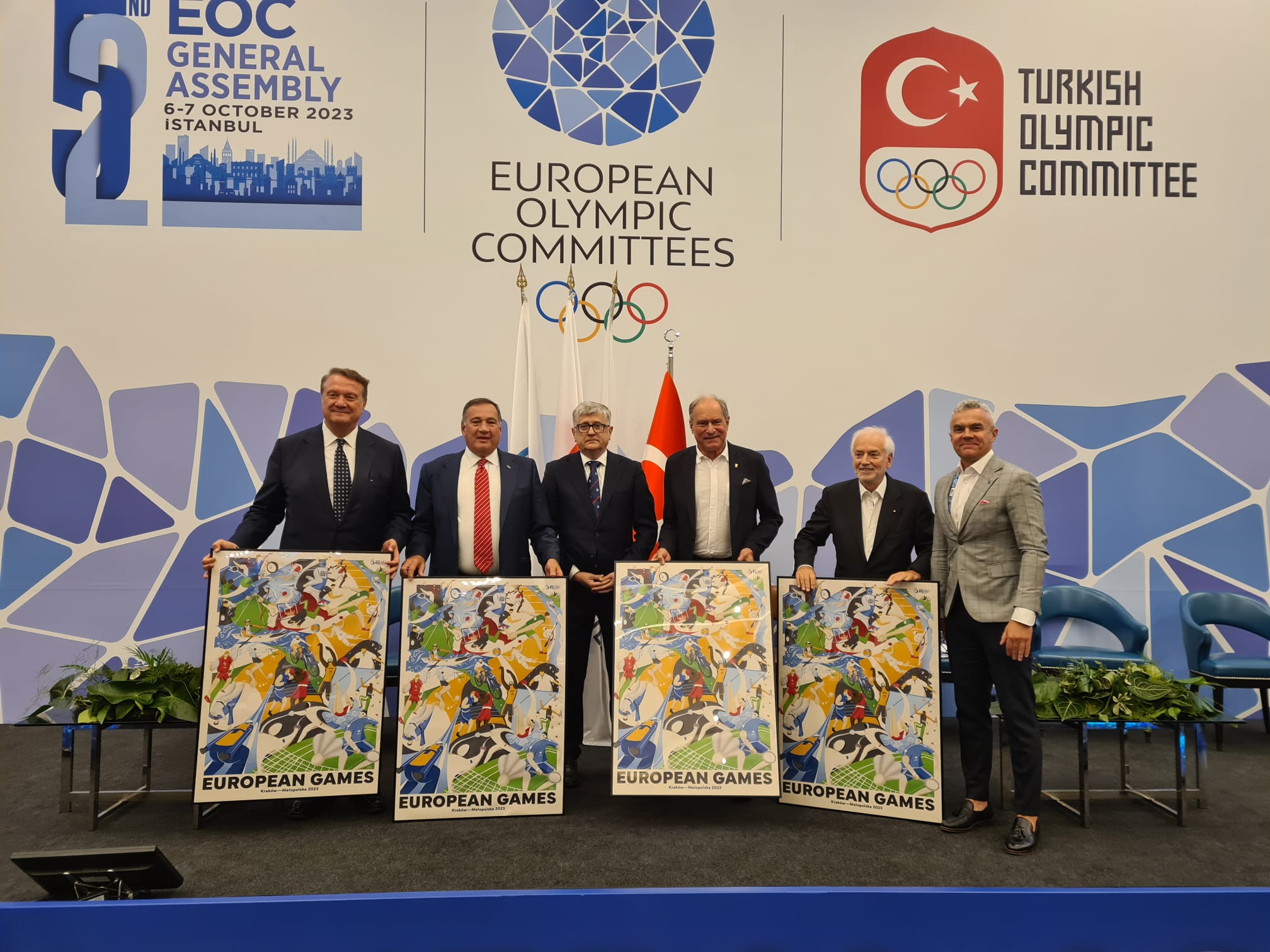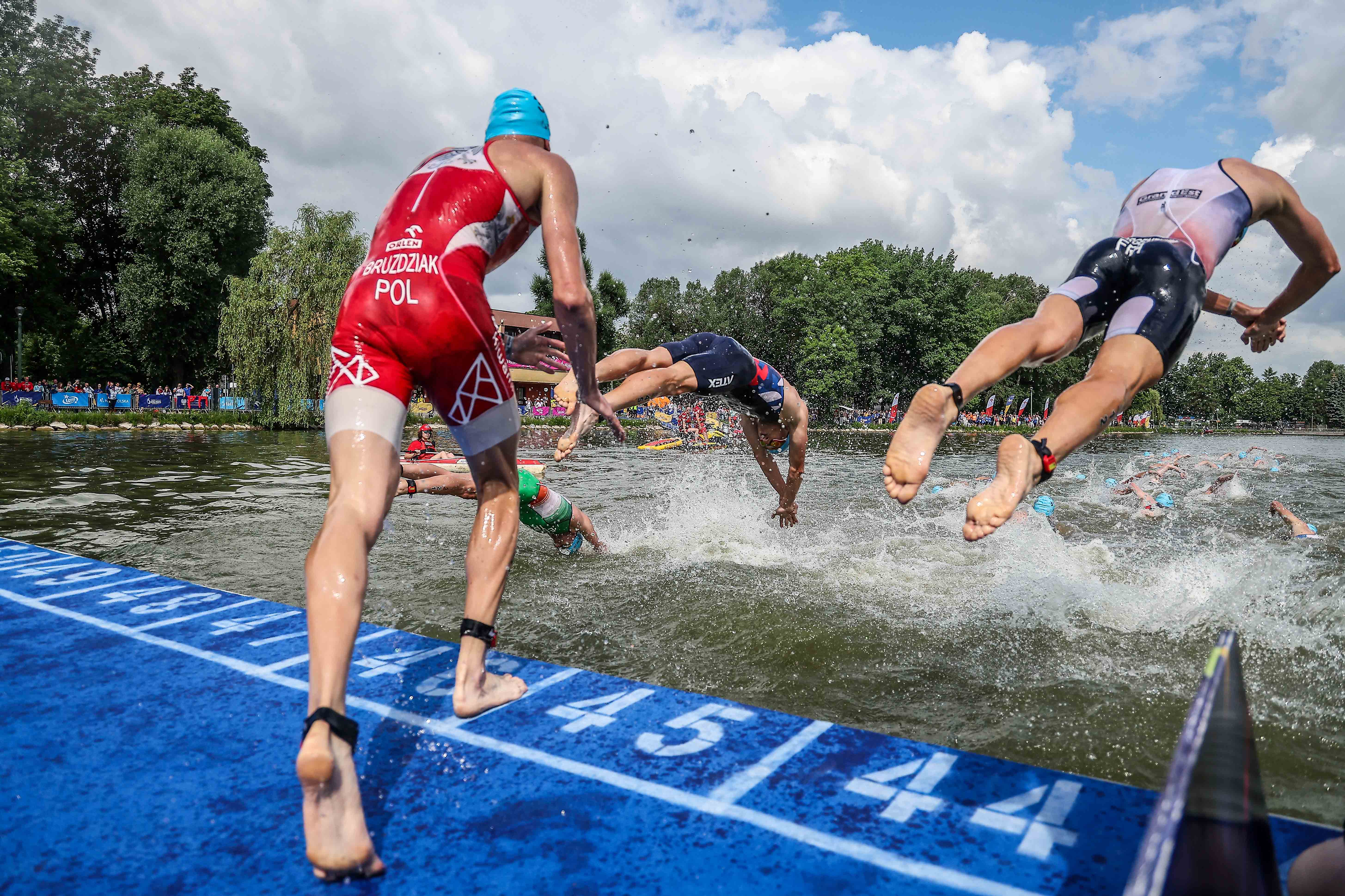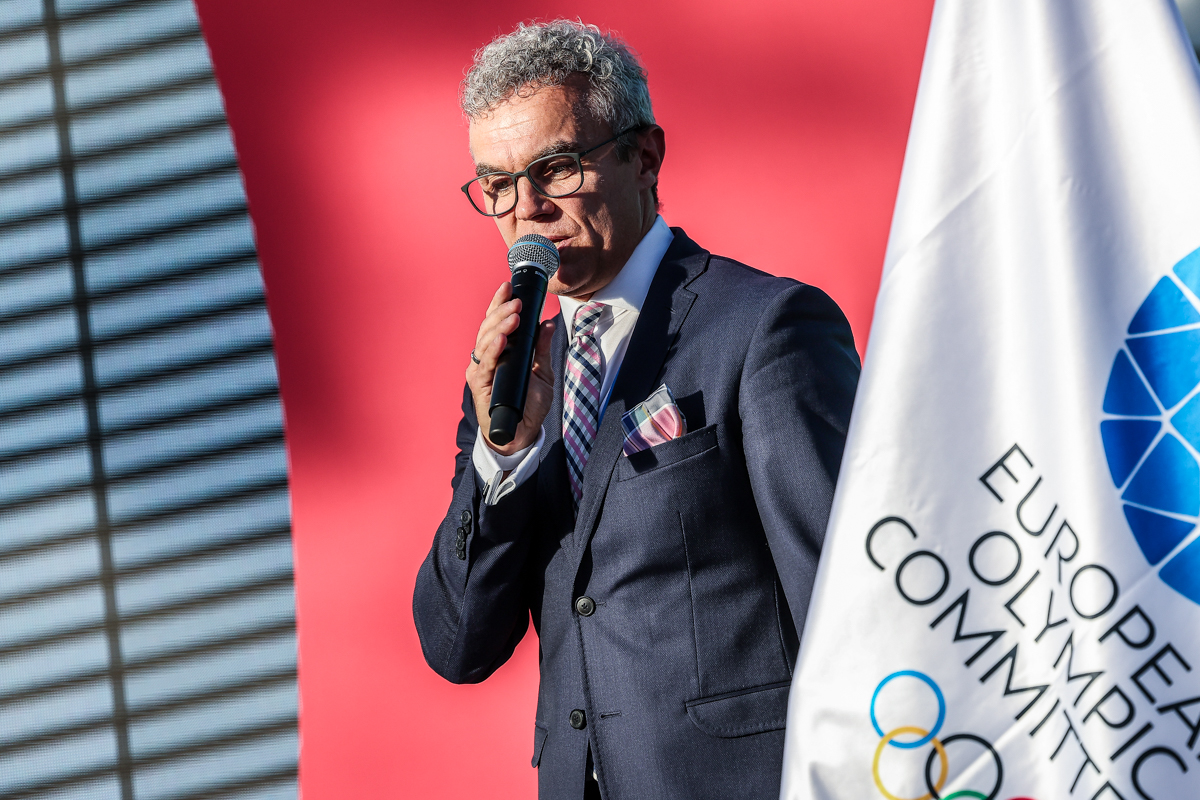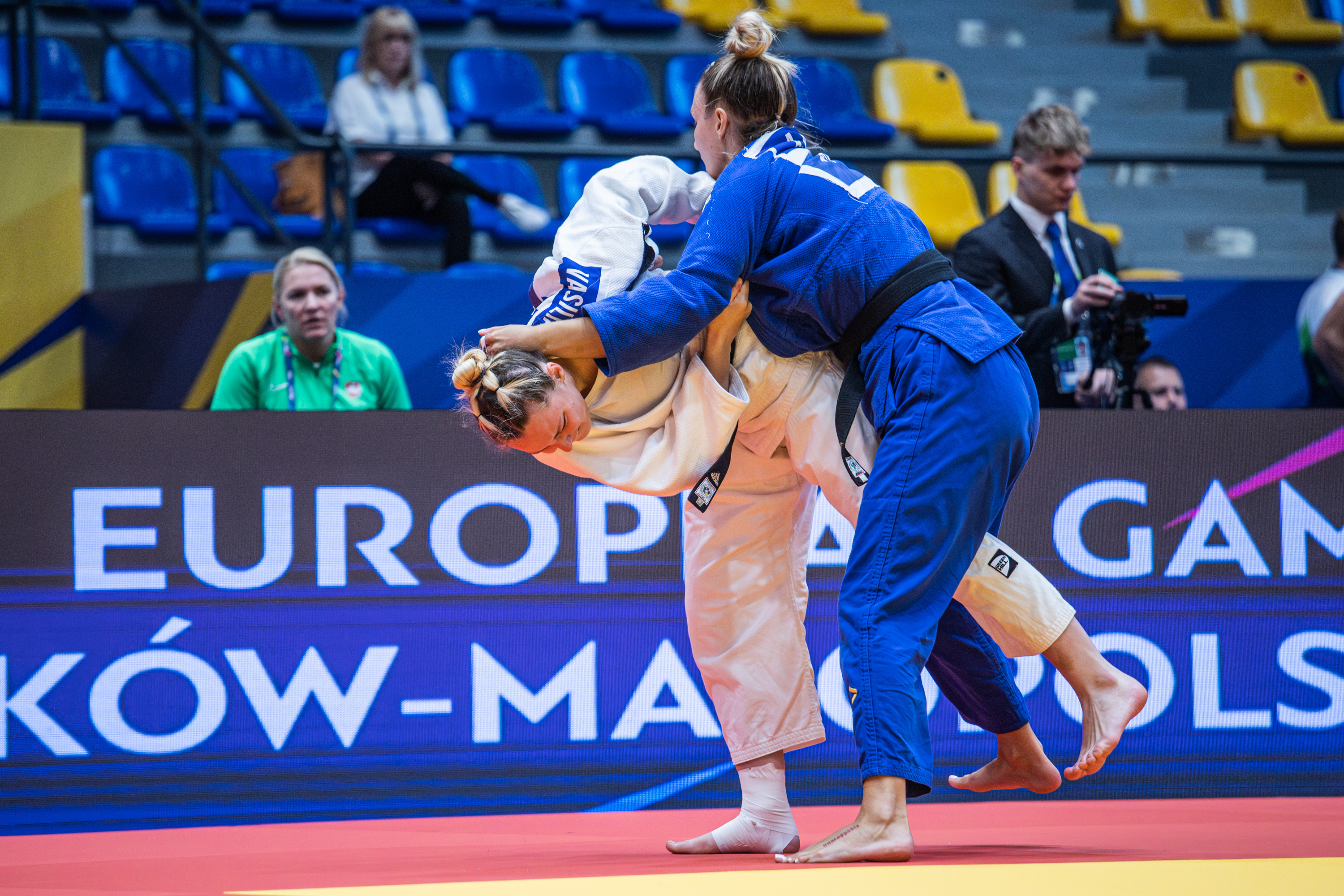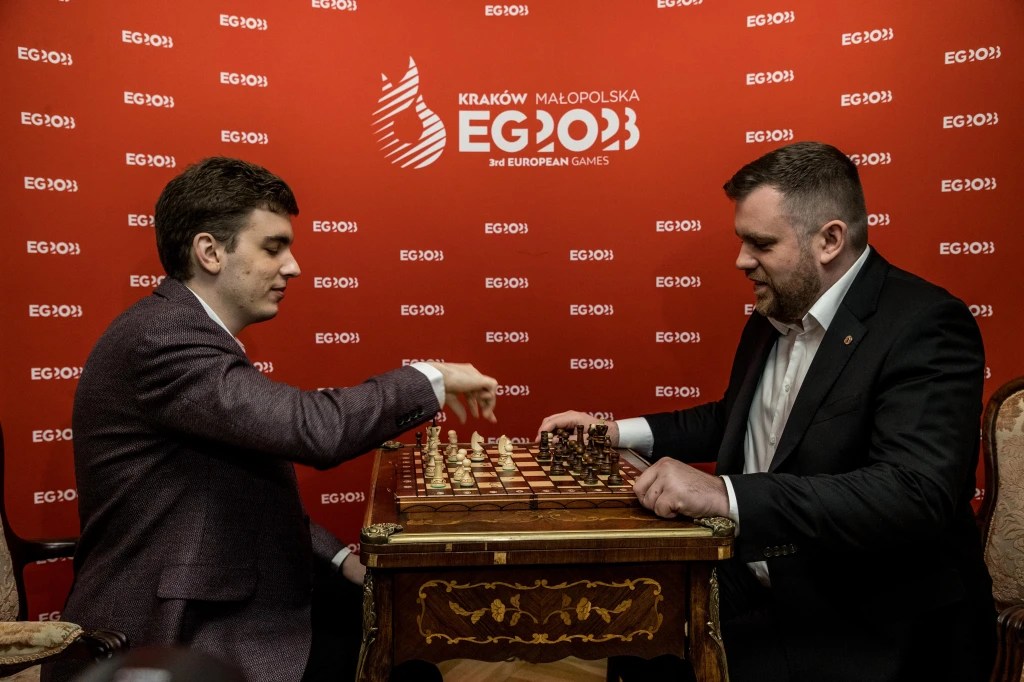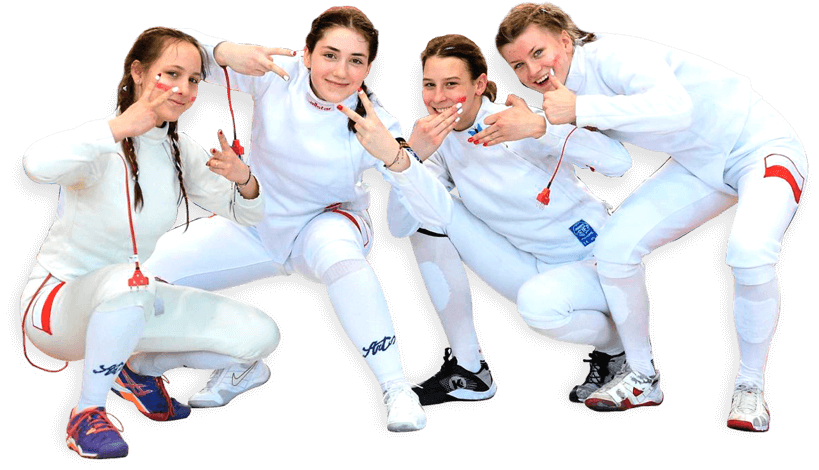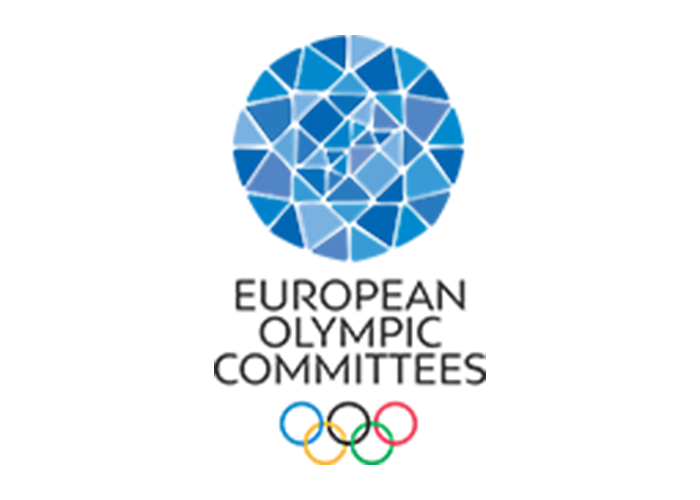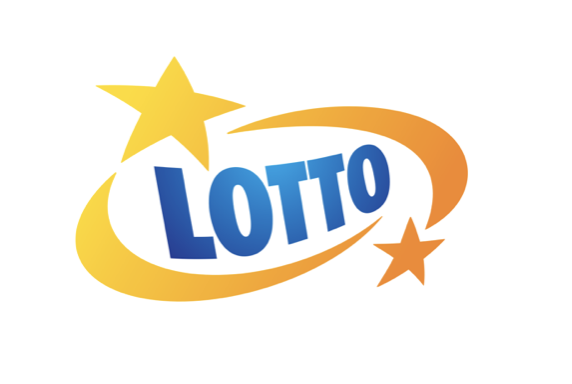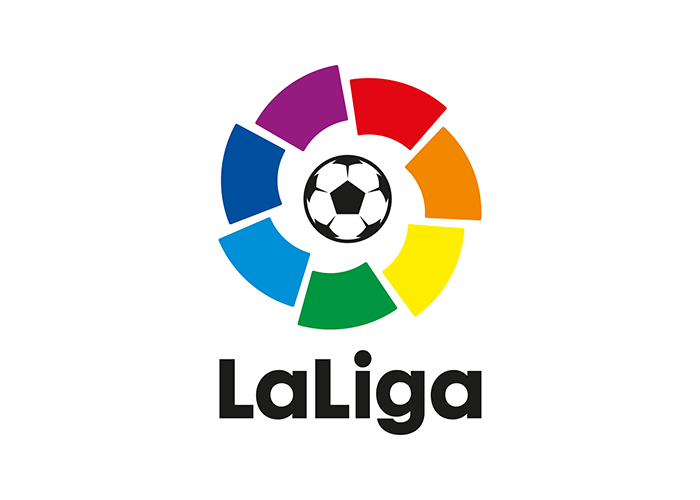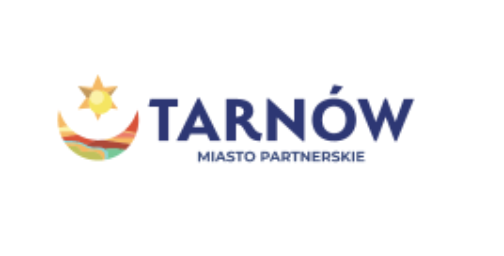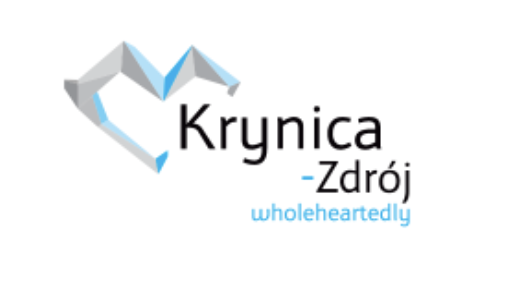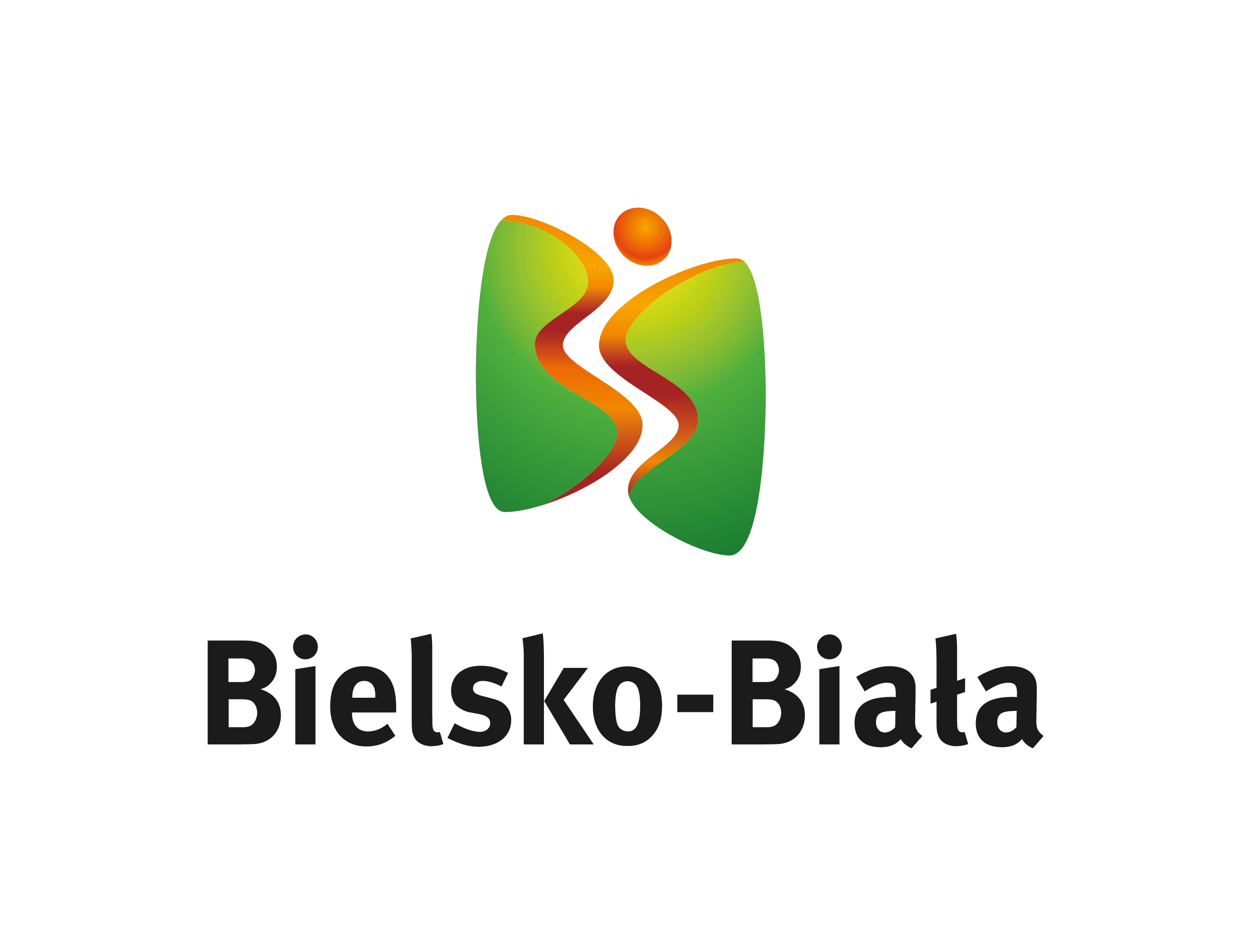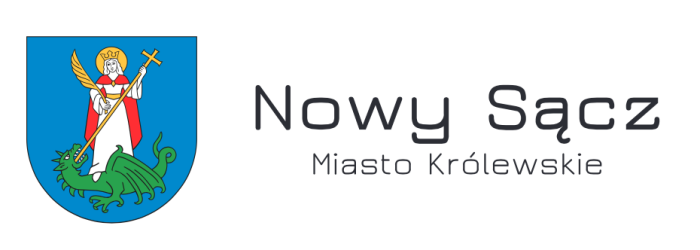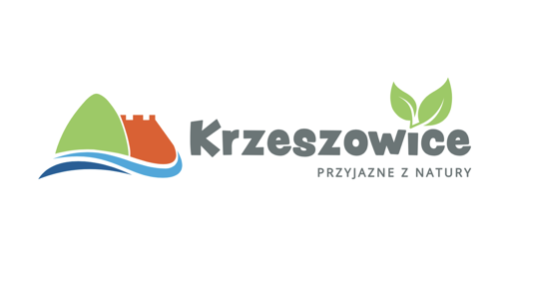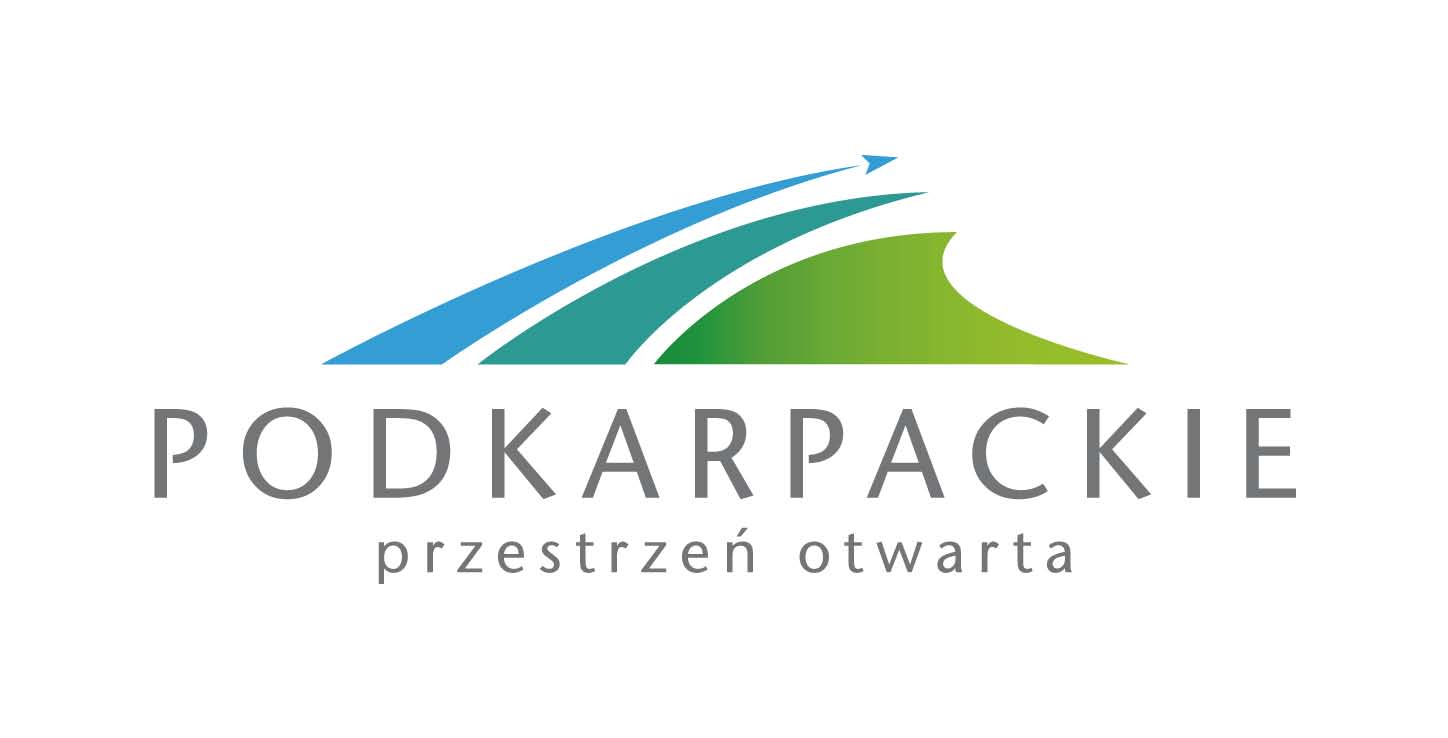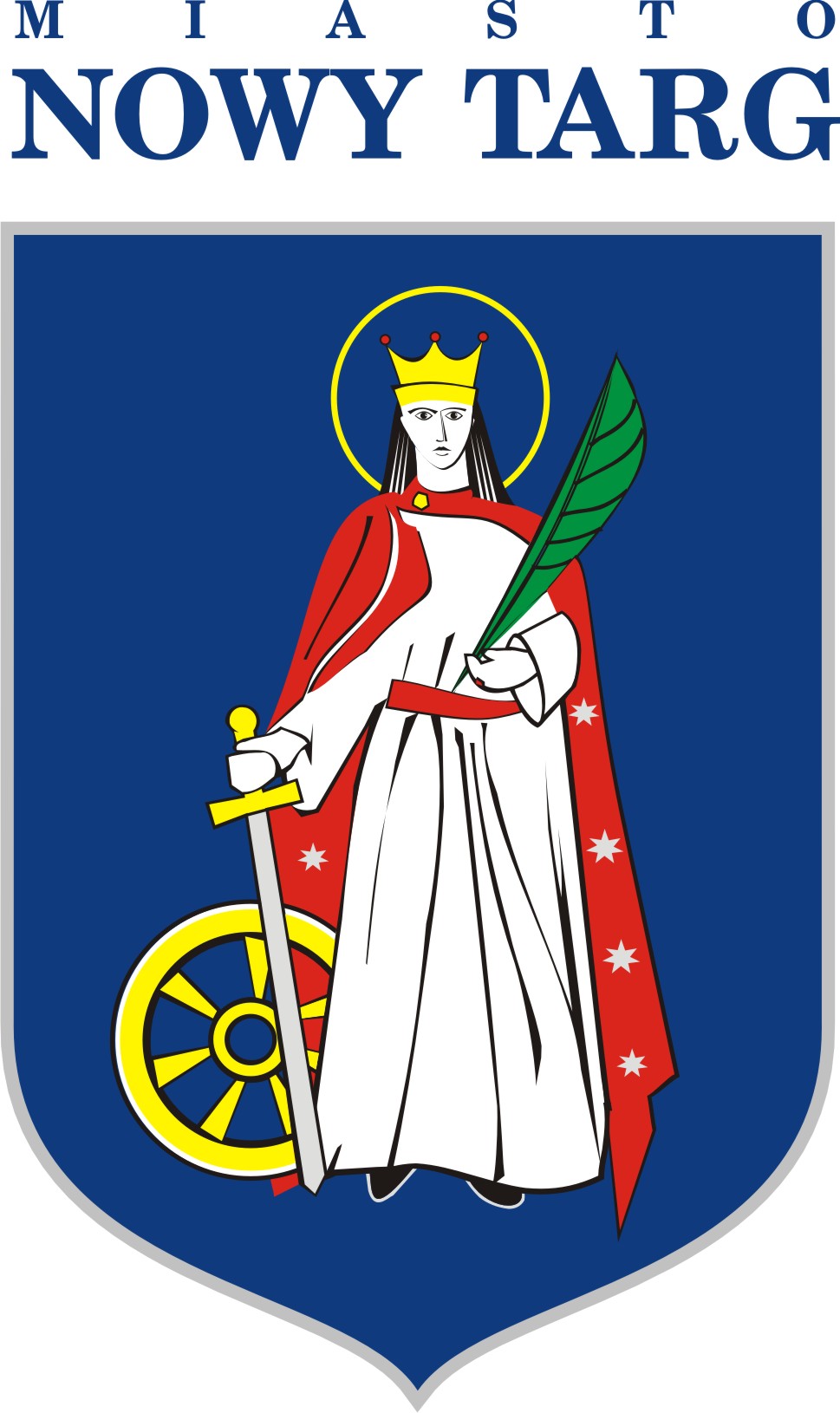Teqball. Great emotions at European Games in the fastest growing discipline in the world
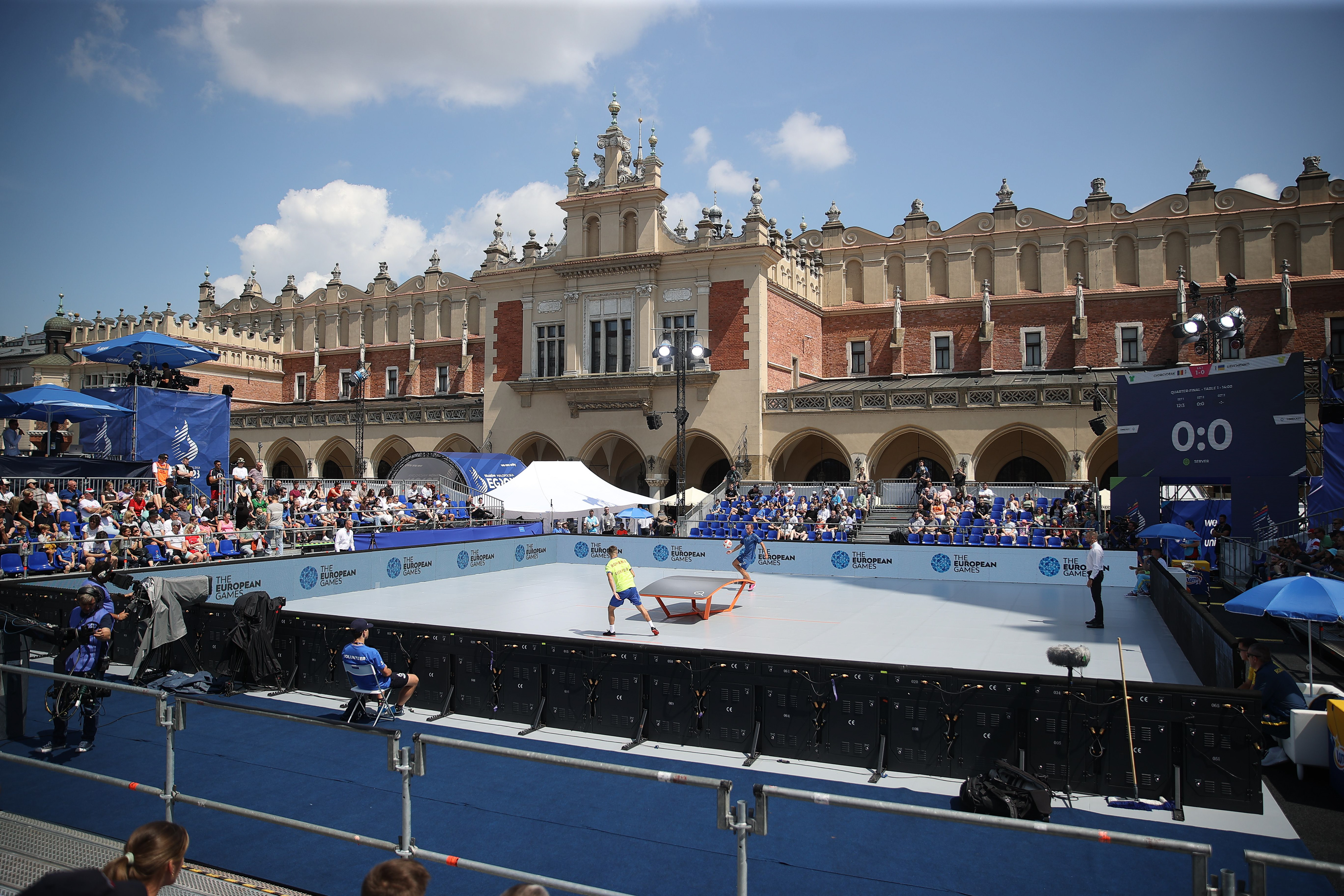
World’s top ranked teqball players competed for European Games gold medal.
Teqball is a combination of football and table tennis. The ambassador of the sport is Ronaldinho, the greatest ‘magician’ in football history. No wonder, as it is a glamorous sport that requires extraordinary technical skills. You can bounce with your foot, head and frame. With each exchange, only once with a particular body part. Spectacular matches are won by the player who wins two sets. To do so, he must be the first to score 12 points in each.
On Thursday 29 June, the men competed for the first ever European Games gold medal in teqball. The competition took place on the market square in Krakow. The fastest growing discipline in the world, as teqball is rightly called, attracted many fans. Fans filled the four stands tightly, and a crowd of onlookers, for whom there were not enough seats, lined up next to the pitch.
Poland was represented by Adrian Duszak, the third best player, according to the world ranking, of this relatively new discipline. The athlete originates from freestyle with a ball, which is not at all obvious. Most teqballists turn the hall, or the beach, into a table. There are also a few athletes who previously played football.
Big crowd cheered teqball players in Kraków
Poland was represented by Adrian Duszak, the third best player, according to the world ranking, of this relatively new discipline. The athlete originates from freestyle with a ball, which is not at all obvious. Most teqballists turn the hall, or the beach, into a table. There are also a few athletes who previously played footnet.
– This is the biggest teqball event in Europe. We are happy to compete in front of our own audience. I was impressed by the village where we live. I felt it was an event with a lot of momentum,” explained Duszak.
While it is certain that teqball will not appear at the Paris Games, there are many indications that the sport will join the Olympic sports family in Los Angeles.
– I am quietly hoping that in 2028, teqball will appear at the Olympic Games. My dream is gold, at the culmination of a beautiful career,” added the Pole.
The semi-final between Hugo Rabeaux and Apor Gyoergydeak was interesting. The Romanian won the first game after he defended a set point. The Frenchman was much better in the second, as Gyoergydeaka made a lot of service errors. It seemed that he would be the one to fight for gold. In the third game, Gyoergydeaka gave no chance to the 33-year-old. Rabeux had to settle for the bronze, which he won after beating Csaba Banyika in the third place match. The Hungarian lost to Duszak in the semi-finals. The Pole left no illusions as to who was in the lead. He beat Banyik by a difference of seven points in the first game and six points in the second game.
What a match in European Games teqball final!
The final saw the world’s best Gyoergydeaka meet, he is ranked number one, but Duszak is younger and has fewer events at which he has competed. The match did not start well for the Pole. He was losing 0:4. When it came to the change of serve he defended Duszak’s serve and countered. At 5:1, it seemed that the Romanian would win the first set, but then the Pole started to make up for the loss. He played three service aces. Thanks to them and a conscious head game, he closed the gap to two points. It was 7:9 when the Romanian returned to serve. Although Dushak managed to make up for it and was only a point away from becoming the world’s first teqballist, he made a reception error in the next action. From that point onwards, Gyoergydeaka played like a jack of all trades. He did not let go of the victory in the first game, but the Pole proved that he is capable of competing with the best.
In the second set, the Romanian, exasperated after a difficult end to the first game, attacked like crazy. He scored eight points in a row. Duszak responded to this feat with a series of six points, but it was Gyoergydeaka who served a matchball. The Pole defended the first ball and his opponent asked for a timeout. Afterwards, Duszak committed two service errors that gave the Romanian the point he needed for European Games gold.
